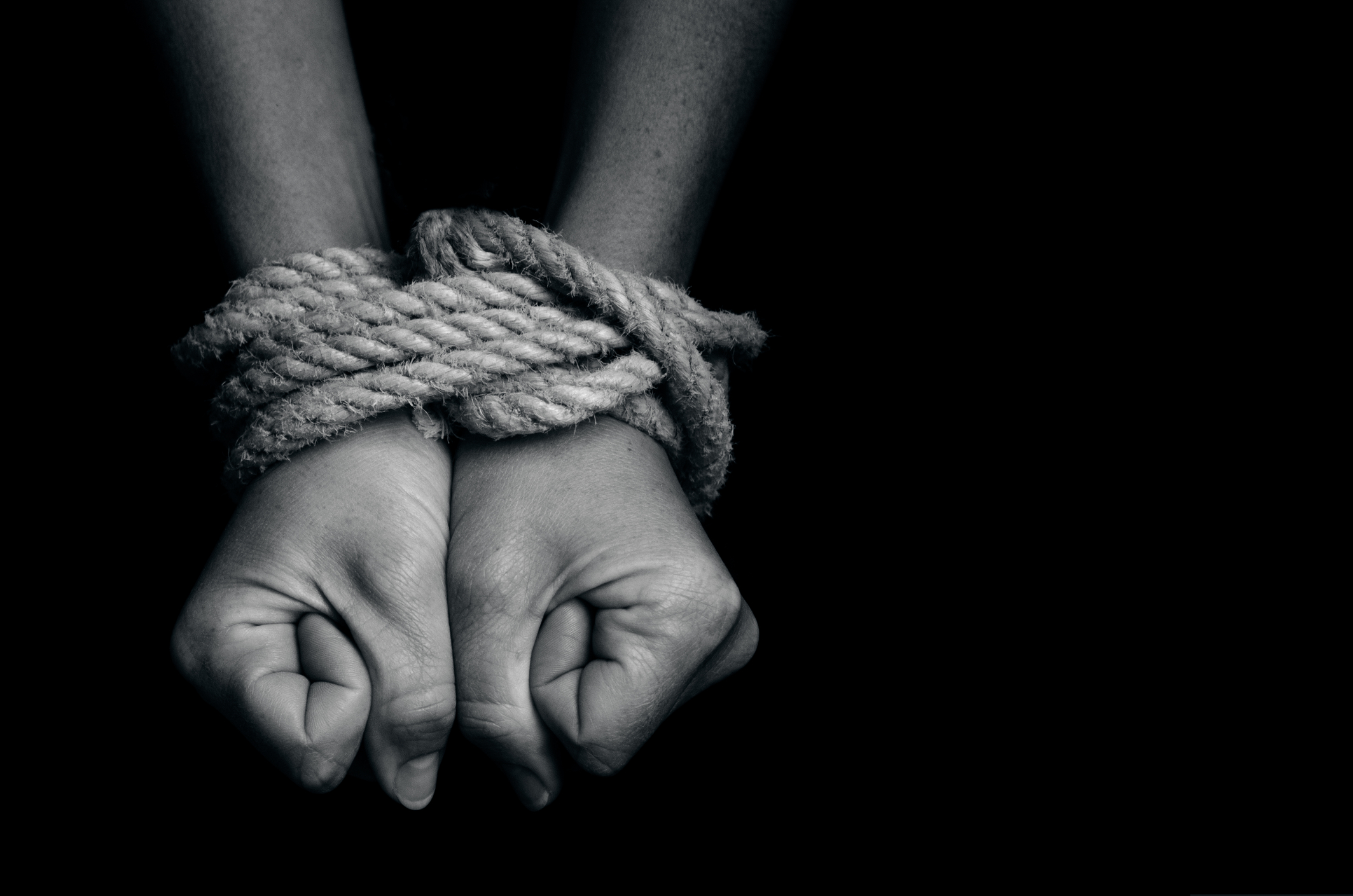
Human trafficking outside India, although illegal under Indian law, remains a significant problem. People are frequently illegally trafficked through India for the purposes of commercial sexual exploitation and forced/bonded labour. Although no reliable study of forced and bonded labour has been completed,NGO’s estimate this problem affects 20 to 65 million Indians. Women and girls are trafficked within the country for the purposes of commercial sexual exploitation and forced marriage especially in those areas where the sex ratio is highly skewed in favour of men
A significant portion of children are subjected to forced labour as factory workers, domestic servants, beggars, and agriculture workers, and have been used as armed combatants by some terrorist and insurgent groups .India is also a destination for women and girls from Nepal and Bangladesh trafficked for the purpose of commercial sexual exploitation. Nepali children are also trafficked to India for forced labour in circus shows. Indian women are trafficked to the Middle East for commercial sexual exploitation. Indian migrants who migrate willingly every year to the Middle East and Europe for work as domestic servants and low-skilled labourers may also end up part of the human-trafficking industry
In such cases, workers may have been 'recruited' by way of fraudulent recruitment practices that lead them directly into situations of forced labour, including debt bondage; in other cases, high debts incurred to pay recruitment fees leave them vulnerable to exploitation by unscrupulous employers in the destination countries, where some are subjected to conditions of involuntary servitude, including non-payment of wages, restrictions on movement, unlawful withholding of passports, and physical or sexual abuse.
Human trafficking in India results in women suffering from both mental and physical issues. Mental issues includes disorders such as PTSD, depression and anxiety. The lack of control women have in trafficking increases the risk of a victims likeness to suffer from mental disorders. Women who are forced into trafficking are at a higher risk for HIV, TB, and other STD's. In the wake of globalization and the resultant marginalization and alienation of large sections of humanity, sex trafficking has become a matter of urgent concern today worldwide. In India alone, over 200 thousand women and children are inducted into the flesh trade every year.
The state of Andhra Pradesh is one of the largest suppliers of women and children for the purposes of commercial sexual exploitation. Economic hardships coupled with the prevailing status of women in society, and changing public attitudes towards sex and morality creates the context for the flourishing of this modern-day form of slavery. A disturbing fact is that the age of the children is progressively declining to meet the male demand for younger prostitutes. There is a widely held belief that sex with children, especially virgins, will cure sexually transmitted diseases and prevent one from contracting HIV/AIDS. One of every four victims rescued from prostitution is a child, and 60% of these children are HIV positive.
The Government of India penalises trafficking for commercial sexual exploitation through the Immoral Trafficking Prevention Act (ITPA). Prescribed penalty under the ITPA – ranging from seven years' to life imprisonment – are sufficiently stringent and commensurate with those for other grave crimes. India also prohibits bonded and forced labour through the Bonded Labor Abolition Act, the Child Labor Act, and the Juvenile Justice Act.
Indian authorities also use Sections 366(A) and 372 of the Indian Penal Code, prohibiting kidnapping and selling minors into prostitution respectively, to arrest traffickers. Penalties under these provisions are a maximum of ten years' imprisonment and a fine. The Government of India launched an anti human trafficking web portal in February 2014 that they hope will be an effective way for interested parties to share information about this topic.
Jan Lakshya Society works to end intergenerational prostitution and to protect women and children from the threats of human trafficking by defending their rights and dignity, providing a safe environment, supporting their education and health and leading major advocacy efforts.Jan Lakshya Society strives to ensure optimum protection of children. This is reflected in the broad spectrum of interventions that provide a continuum of care by addressing issues of child sexual abuse in parallel with anti-human trafficking. Jan Lakshya Society has been accredited with several path-breaking, social interventions that address elimination of intergenerational prostitution and ensure a continuum of care for protecting children from sexual abuse and assault. JLS has an innovative 3-pronged interventional approach focusing on Night Care Shelters, Education Support and Institutional Placement. JLS runs a children’s home to provide long term residential care and protection to female children who are at risk and/or are victims of sexual abuse and trafficking. JLS’s Anti-Trafficking Center is a knowledge hub focusing on verticals like research, publications, advocacy and policy in context with the broad Anti-Human Trafficking issue.
Jan Lakshya Society is managed by a passionate team of individuals who have been working in the sector for over 20 years. JLS's people are characterized by their resilience, tenacity and resolve to treat every child and every woman as an individual, ensuring that all. JLS support services improve lives and work collectively to eliminate intergenerational prostitution and trafficking.